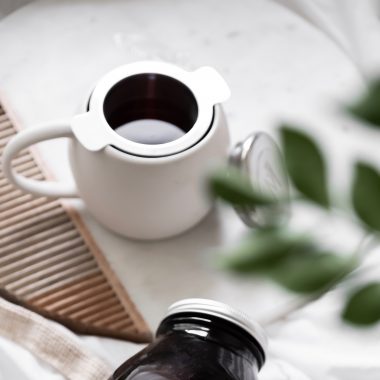IMPROVING MENTAL HEALTH BY REDUCING SYSTEMIC INFLAMMATION

Mental health is a common problem all around the world. Anxiety and depression are amongst the most common mental health problems.
So, what can we do to prevent, as well as lessen the severity of these conditions?
A FEW STATISTICS TO BEGIN..
It is estimated that 45% of people will experience at least one type of mental health issue in their lifetime.
14% of new mothers suffer with postnatal depression- this has been found to be both circumstantial, as well as from the biological changes after birth.
1 million people in Australia are suffering with depression right now, and 2 million with anxiety.
So, what is usually the most common solution?
Antidepressants are amongst the most frequently prescribed pharmaceuticals. And, sadly only 1/3 of people respond positively to them! Most of these drugs come with some sort of risk- including the side effects nausea, insomnia, memory loss, loss of sexual desire and constipation. In saying this, antidepressants definitely have their place in the health industry, and in no way should the following information replace any medication or advice you have received from your personal health professional.
How does inflammation play a part in our mental health?
Using depression as an example- someone with depression is usually in a state of systemic inflammation. This is because studies show a strong relationship between people diagnosed with depression and increased inflammatory markers in their pathology testing. As well as this, it has been found that supplementing with the anti-inflammatory EPA [an Omega-3 fat], has been found to improve depressive symptoms dramatically!
So, what causes the inflammation in the first place?
Inflammation is part of our immune response, where blood rushes to a certain area to protect and heal from injury or foreign invaders. Digestive, and/or systemic inflammation can arise from almost anything- food intolerances, dietary choices, stress, hormonal imbalances as well as lifestyle choices.
With this in mind- what next?
Reducing inflammation is key.
Avoid the foods that you know cause a reaction in your body- this can present as digestive symptoms, skin problems or low energy.
Eat a wholefoods diet
Heal your gut with amino acids- bone broth is great for this!
Minimize toxin exposure
Switch to natural skin and hair care
Adopt a healthy work/life balance and having effective coping mechanisms to stress.
Anti-inflammatory foods: garlic, onion, turmeric, papaya and olive oil.
Avoid trans fats- These are the hydrogenated vegetable oils, eg: margarine.
Eat lots of omega 3, which is found in salmon, trout, sardines and chia seeds.
Drink organic herbal teas with anti-inflammatory properties- calendula, turmeric, licorice, chamomile. As found in our Digest, Serenity, & Rooibos Turmeric Chai.


Leave a comment
This site is protected by hCaptcha and the hCaptcha Privacy Policy and Terms of Service apply.